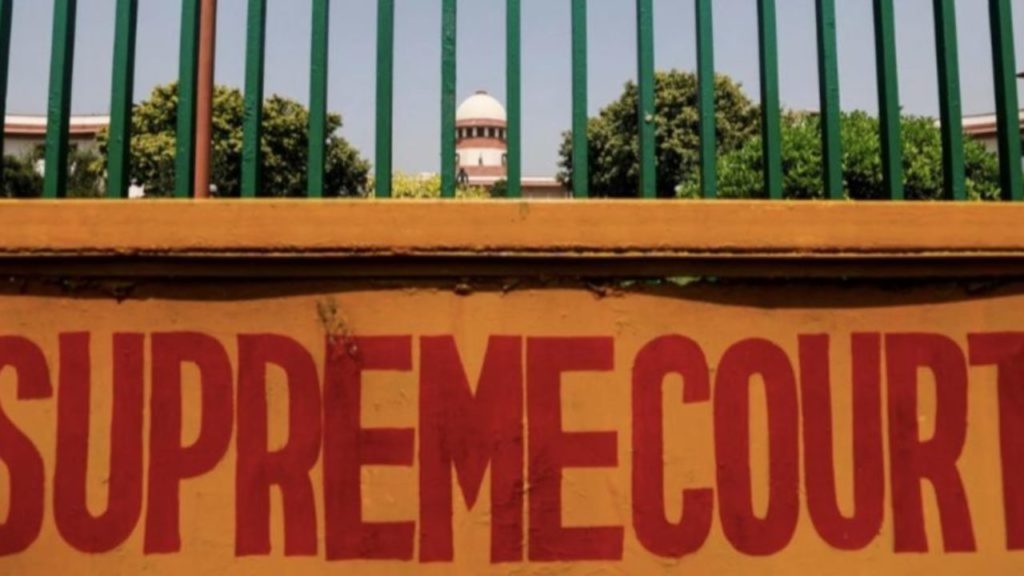Personal Guarantors Of Corporate Debts Will Be Forced To Repay Money (SC Verdict)

The Supreme Court endorsed a notification passed by the Central government on November 15, 2019, which allows financial institutions to invoke insolvency proceedings against promoter guarantors defaulting on bank loans, or of businesses facing Corporate Insolvency Resolution Process.
This notification released in 2019 was challenged and questioned by many industrialists and defaulters, like Anil Ambani, Kapil Wadhawan, Sanjay Singhal and Venugopal Dhoot, among others, which led to the Supreme Court transferring the case to itself from the High Courts.
In its judgement passed on the matter on Friday, the bench of justices L Nageswara Rao and S Ravindra Bhat clarified loud and clear that the Government’s notification of allowing creditors to take an action against defaulting personal guarantors under the Insolvency and Bankruptcy Code (IBC) is ‘legal and valid’.
SC Uphold Govt’s Notification
The Insolvency and Bankruptcy Code (IBC) was enacted in 2016 and in November 2019, the government amended the IBC, which gave lenders, mostly financial institutions and banks the ability to invoke insolvency against personal guarantors to corporate debtors.
This means that banks will be allowed to ‘initiate insolvency proceedings against personal guarantors, who are usually promoters of big business houses, along with the stressed corporate entities for whom they gave guarantee’, states The Hindu.
This was initiated with the view of holding promoters undertaking personal guarantees for the loans taken, leading to defaulter companies, liable.
However, this notification attracted many promoters and industrialists to file petitions against it, at different high courts, claiming that the promoters alone should not be held liable for defaulting the repayment of debt.
A batch of 75 petitions were filed against the 2019 notification, questioning its validity.
Lenders invoked the personal guarantees of companies like Reliance Communications, Punj Lloyd, Bhushan Steel, and Bhushan Steel, among others, to the National Company Law Tribunal (NCLT) for debt resolution.
In June 2020, the State Bank of India had moved the National Company Law Tribunal, Mumbai, to recover more than ?1,200 crore from Anil Ambani as he had given a personal guarantee for loans extended to Reliance Communications Ltd and Reliance Infratel Ltd, states a source.
SC Verdict Clarifies Ambiguities
Due to multiple petitions filed against the 2019 notification in different High Courts, the Supreme Court transferred the case to itself in October 2020.
“As held by this court, the release or discharge of a principal borrower from the debt owed by it to its creditor, by an involuntary process, i.e. by operation of law, or due to liquidation or insolvency proceeding, does not absolve the surety/guarantor of his or her liability, which arises out of an independent contract”, clarifies the 82-page verdict.
Justice Bhat stated, “The release or discharge of a principal borrower from the debt by operation of law, or due to liquidation or insolvency proceeding, does not absolve the surety/guarantor of his or her liability, which arises out of an independent contract.”

Comments are closed, but trackbacks and pingbacks are open.